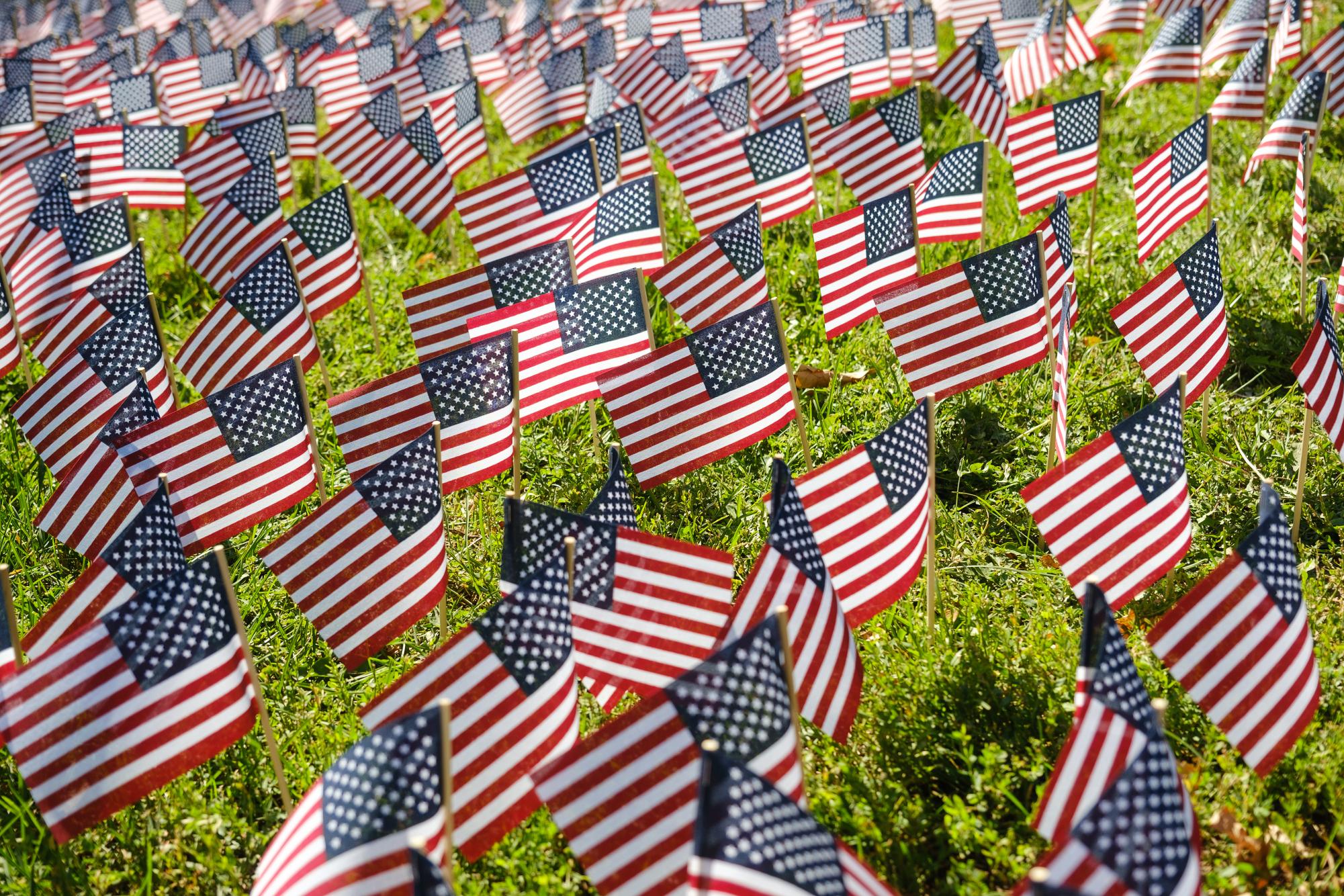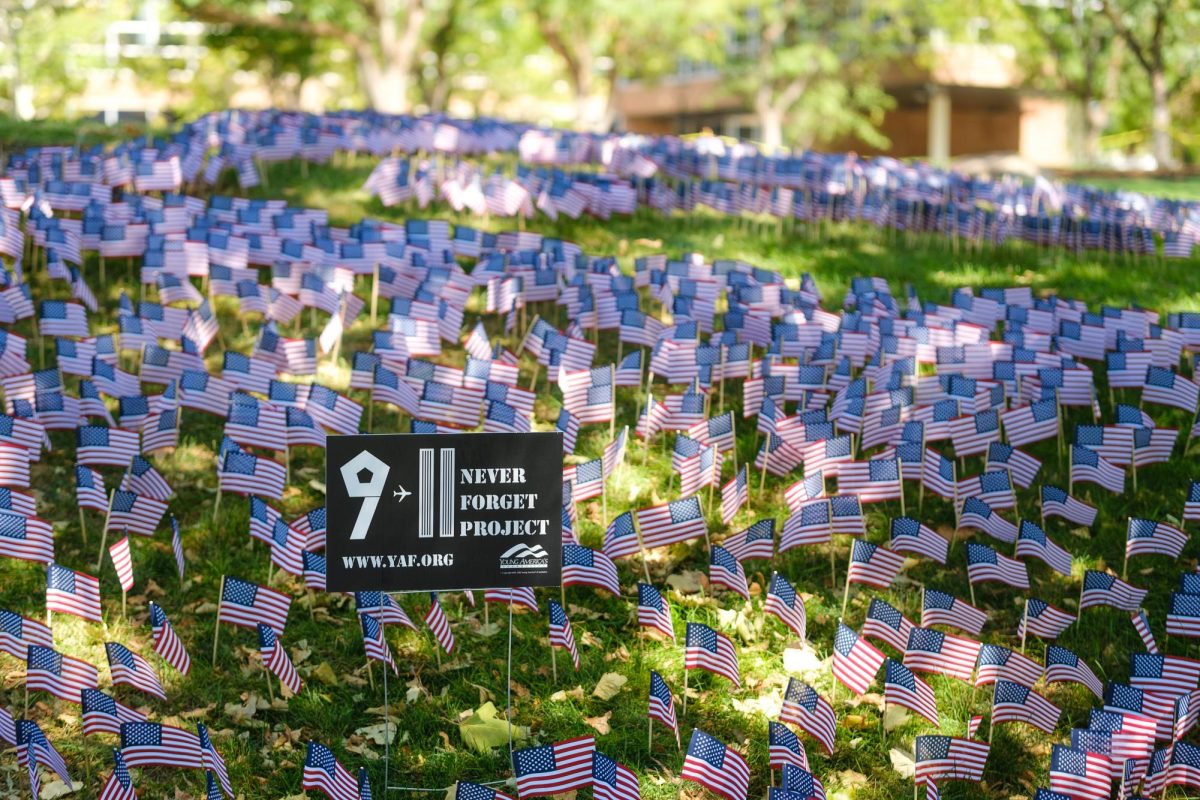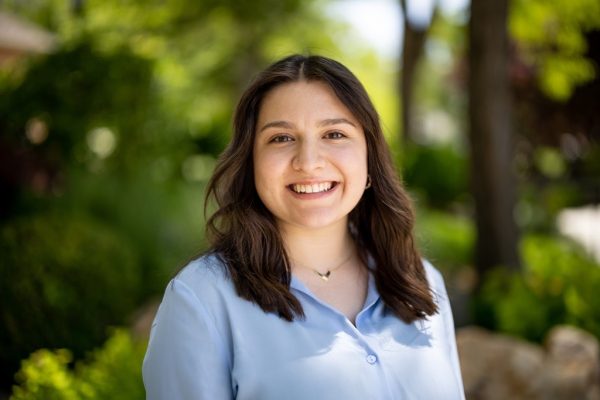“It was — it was unbelievable,” said Richard Ingebretsen, a faculty member at the University of Utah. “Nothing like that, in any of our lifetimes had been seen in the United States since Pearl Harbor.”
Ingebretsen was at a conference in Park City when the first plane hit the North Tower of the World Trade Center at 8:46 a.m. on Sept. 11, 2001, in New York City.
People left the conference to check the televisions in the lobby.
“We each became horrified as we went out and watched airplanes crashing into buildings and people jumping out,” Ingebretsen said.
A lot has changed in 22 years. The 9/11 terrorist attacks took 2,977 lives, drastically changed air travel in the United States and launched the Afghanistan War.
Ingebretsen said it’s hard to describe the shock he felt during the day. A second plane hit the South Tower, the Twin Towers collapsed, another plane hit the Pentagon and United Airlines Flight 93 crashed in a Pennsylvania field.
Fear quickly enveloped the nation.
“It was pretty stark,” he said. “Then this mass hysteria came about how we’re going to protect our airports and airplanes.”
Ingebretsen said he witnessed immediate change within the country and on the U’s campus. For starters, airline travel would never be the same.
“Laws were passed and the new TSA came out and slowly over the next couple of weeks and months we started to feel more safe getting back in the airplanes and that we were safe,” he said.
There was an added fear — no one was sure who the terrorists were.
“People started to hear that it was some people in Afghanistan that had done it,” Ingebretsen said. “We didn’t know why, what was their reason. We never really did find out for a while.”
As the weeks went by, attention shifted to the 2002 Winter Olympics, which were held at the U. Security was a huge concern.
Ingebretsen said the U closed campus. The security measures they took included bomb sweeps, installing guard towers and putting snipers up on the hills.
“They were worried about more planes … and there was legitimate worry,” he said.

After the Olympics, Ingebretsen said things started to settle down and people returned to their daily lives.
Ingebretsen doesn’t remember any major changes on campus — maybe activities and events were canceled, but the somber attitude was felt everywhere.
“I do remember people being more serious and a little bit more frightened,” he said.
Air travel restrictions were probably the biggest change Ingebretsen noticed. The TSA was created and airport security increased.
“When I got on planes, if I had my lip balm, I couldn’t carry it on the plane with me because they were afraid that would be a bomb,” he said.
Now, “we’ve become smarter,” he said. There’s less paranoia surrounding airport security than there was directly after 9/11.
The Afghanistan War started as a result of 9/11, and in America, Ingebretsen witnessed a lot of bigotry toward those of Islamic faith.
“There were people who called for arresting them … and I felt bad when I see my students or others who may have suffered from that,” he said. “I feel bad about that. Horrible … it wasn’t the majority of the United States [but] it was a select evil, radical few, but they made a lot of noise.”
22 years later, Ingebretsen believes a lot of that bigotry has dissipated.
“The more rational circles of the world understand that it wasn’t a nation in general; it was some radicals, and that these people were the ones that did it,” he said. “I don’t see that in general, that same problem of the bigotry that we saw right after that, and I don’t see the fear anymore either.”
At the U — Students Remember 9/11
This morning, members of the U’s Reserve Officers’ Training Corp climbed and descended the equivalent of 110 stories during the annual 9/11 Memorial Workout at Rice-Eccles Stadium.
Yesterday, a few members of Young America’s Foundation at the U planted 2,977 American flags near the Block U to memorialize the lives lost in the 9/11 attacks.
Riley Clark, a freshman studying political science, said it’s important to remember 9/11 and despite the tragedy, it ultimately brought Americans together.
“We see a lot of political polarization today,” Clark said. “So it’s important to remember that we’re all Americans and that we all have each other’s back.”
On Wednesday, the College of Science will be hosting a panel of Muslim individuals who will share their experiences about witnessing 9/11 and handling the aftermath of a post-9/11 America.
Ultimately, Ingebretsen said, people gathered and supported one another on campus following the attacks.
“I also noticed something in my students and others were being a little friendlier, a little warmer,” he said. “… There was a lot of trying to help each other get through that time.”




